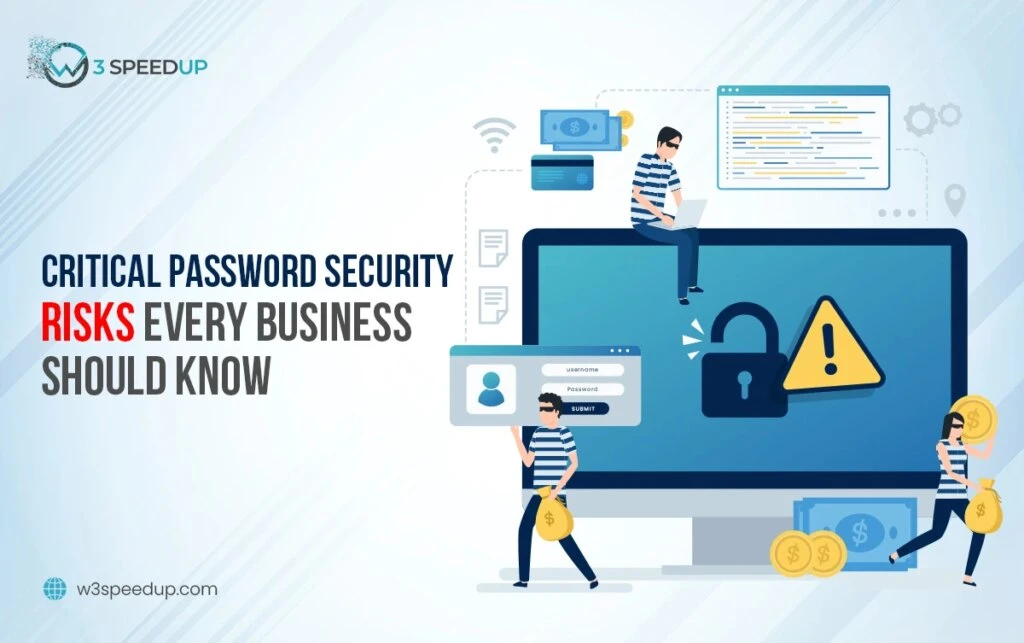Cybercrime has never been more of a threat to businesses than it is today. Entrepreneurs are targeted on an almost daily basis. Some have their personal data stolen, and others have their customers’ financial information snatched. Your main priority as the owner of a business with an online presence should be protecting it from criminals. One of the most effective ways of doing this is to set robust, hard-to-crack passwords. This post’s intention is to tell you how you can do that, which it will do by explaining everything you need to know about password security risks.
Understanding Password Security Risks for Your Business
 Poor Password Management
Poor Password Management
One of the biggest mistakes you can make as a business owner is poor password management. A lot of people set passwords and then forget them. Others store their passwords in MS Word documents on their desktops. Poor password management is the most effective way to open your business up to attack. Whether it’s Dashlane’s small business password saver or another similar product, invest in a password management tool.
A password management tool will make your life much easier and save you the hassle of having to try and remember your passwords every time you need to log into business devices. Always read the reviews of password management tools prior to purchase, so you can make sure they are the right ones for you. A product’s reviews will tell you a lot about it.
 Weak Passwords
Weak Passwords
Setting weak passwords is another mistake you need to avoid. If the passwords you set are easily guessable, criminals will compromise your accounts. There are tools you can use that will simplify the process of setting a password. Make sure to use one of these if you are struggling to come up with password ideas. In addition to using password tools, make sure you use layered protection, i.e., two-factor authentication, but more on that in the next section.
Be very selective about who you give business passwords to, too. Studies show that most data leaks come from within. Your employees are more likely to leak passwords than anybody else is. Only give passwords to employees you trust, then monitor their devices. A good way to prevent people from handing passwords out is to introduce a system whereby every login attempt is recorded and the IP address saved.
 Not Using Two-Factor Authentication
Not Using Two-Factor Authentication
Two-factor authentication is one of the most effective ways of protecting your accounts in the modern world. Whenever somebody tries to log into one of your accounts, you will receive a notification and will have to approve their login attempt. This essentially means nobody can get into your accounts unless they have access to your mobile phone or recovery information. Make sure you set two-factor authentication up on your recovery email address, too. If you do not, there is a chance criminals could use brute force attacks to get into it, which then means they can bypass your two-factor authentication controls.
Cybercrime is something you need to watch out for. One way of protecting yourself is to invest in password protection. The guidance given here can help you to do that, so give consideration to each point made and incorporate this post’s advice into your cybercrime prevention strategy.
 Christmas Mega Sale – Enjoy Up to 50% OFF on Every Plan!
Christmas Mega Sale – Enjoy Up to 50% OFF on Every Plan! 


